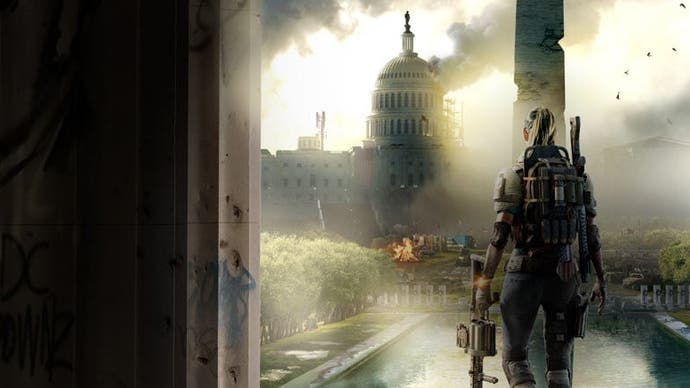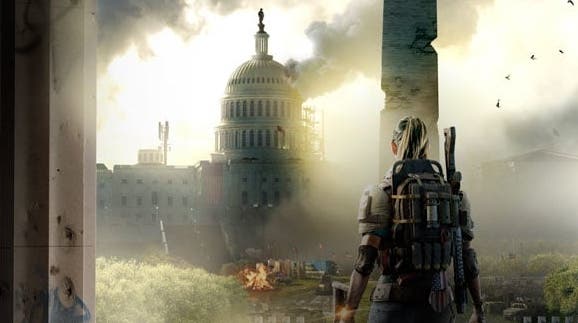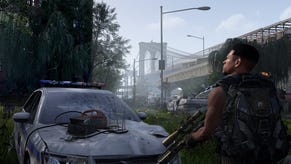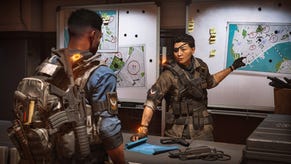Being openly political in games is "bad for business", The Division developer says
Capitol offence.
Video games are big business, and publishers inevitably want to sell as many copies as possible. So why risk alienating half your audience by being openly political if half your audience might be turned off by what you're trying to say?
That's the point which The Division developer Alf Condelius made today, speaking to Eurogamer sister site GamesIndustry.biz.
"It's a balance because we cannot be openly political in our games," Condelius said. "So for example in The Division, it's a dystopian future and there's a lot of interpretations that it's something that we see the current society moving towards, but it's not - it's a fantasy.
"It's a universe and a world that we created for people to explore how to be a good person in a slowly decaying world. But people like to put politics into that, and we back away from those interpretations as much as we can because we don't want to take a stance in current politics."
Condelius is COO of Ubisoft Massive, the studio behind The Division - a game set in a stricken New York City patrolled by an armed government militia - and the upcoming The Division 2, which moves the setting on to the nation's very centre of politics, Washington DC.

"It's also bad for business, unfortunately, if you want the honest truth..." Condelius continued, "but it is interesting and it is a discussion that we have, and it's an ongoing discussion we have with our users, of course, because people want to put an interpretation into the universe that we create and they want to see their own reality in the fantasies that we give them, and the stories that the games are."
It reminds me of Far Cry 5, another Ubisoft game, and its depiction of an armed cult in a rural US setting - and the trouble I had trying to get Ubisoft to talk about the politics it might feature - or lack of them.
"If you make the game just about one thing, you're going to miss a lot of opportunities for players to express themselves," Far Cry franchise boss Dan Hay told me in December last year.
"So, there will be moments in the game where characters will talk about stuff and there will be moments where others won't. But the goal is to create it so you can author your experience and if you walk in and meet a character who has a certain view, or certain opinion, they're going to feel real. But you can say 'nope, that's not for me' and you can go off and do this, or if you want to just run off and blow up stuff and have a good time, you can."
Maybe you agree with Condelius, maybe not. Either way, though, pop your views in a video game and they could hurt business.







